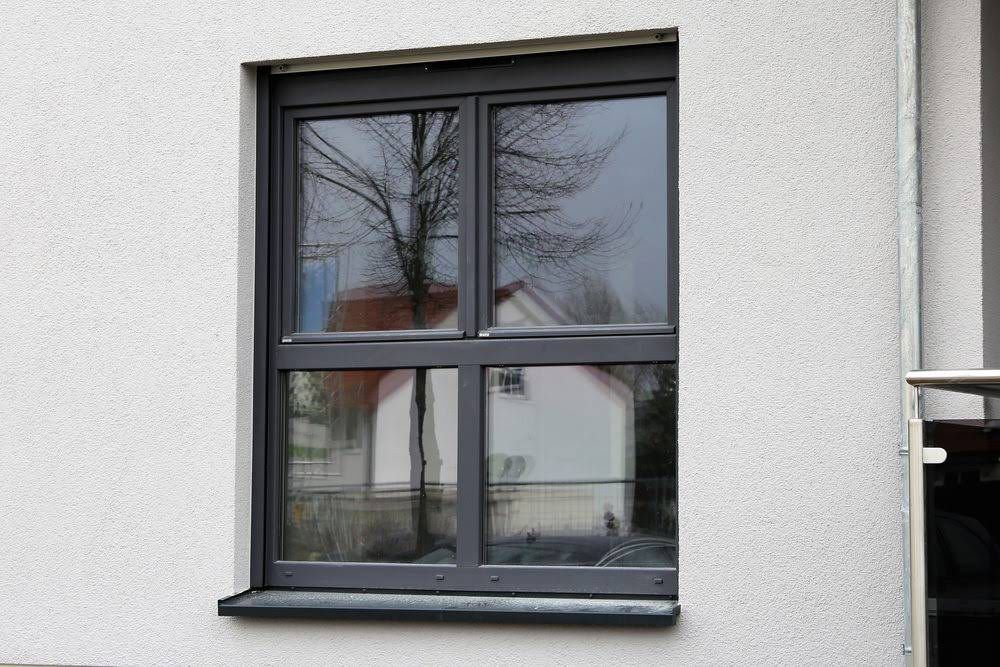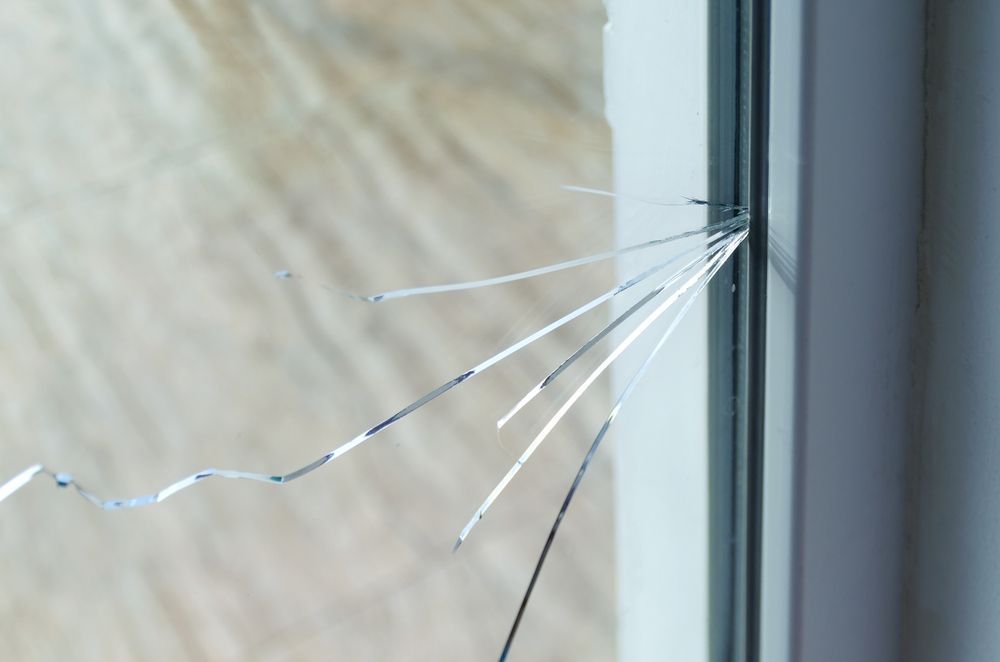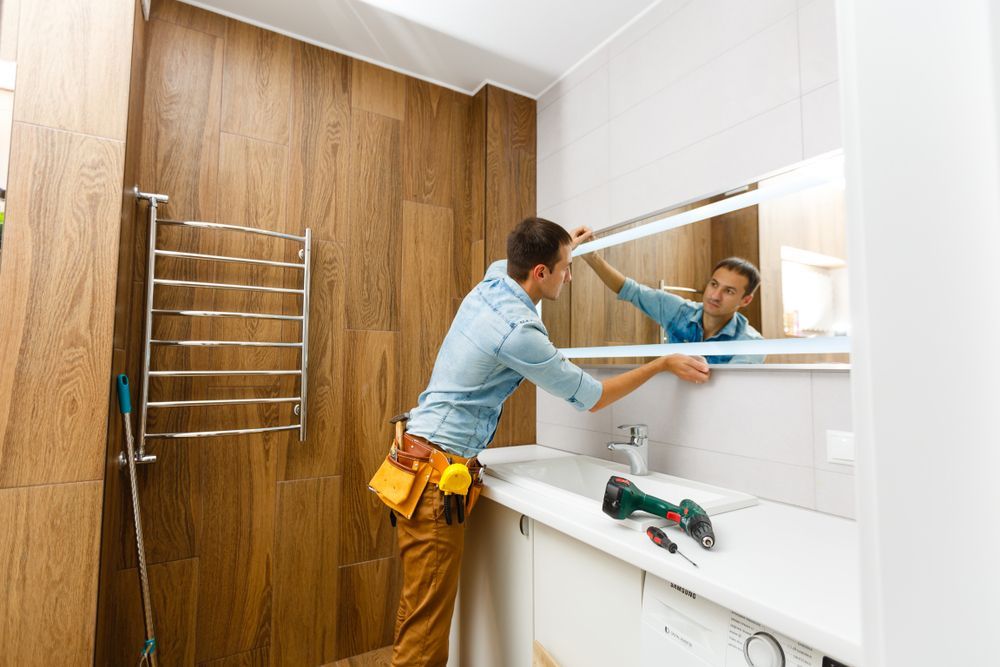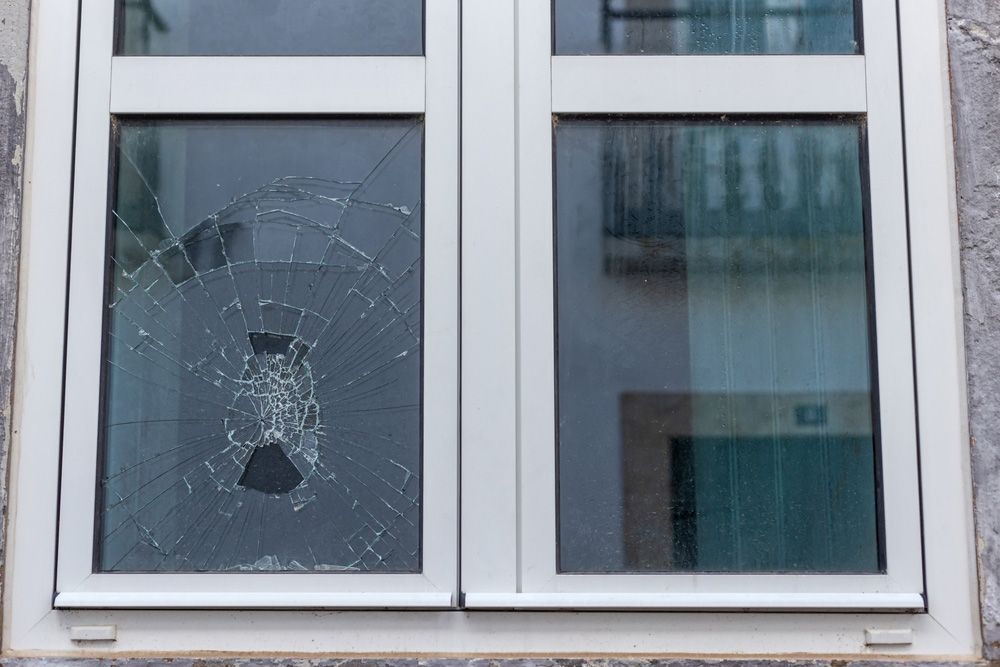Understanding The Importance Of Tempered Glass On Safety
Imagine walking through a bright, modern home where glass forms the backbone of its design—shower screens, sliding doors, balustrades and expansive windows. The look is sleek, open and inviting. But what happens when one of those glass panels breaks? If it's standard glass, the result can be dangerous. However, if it's tempered glass, the story is very different. This type of safety glass plays a critical role in reducing the risks associated with glass breakages while enhancing the structural integrity of residential and commercial properties.
Tempered glass, also known as toughened glass, is up to five times stronger than standard glass. Its design allows it to withstand greater pressure and heat, and when it breaks, it crumbles into small, blunt fragments rather than sharp, jagged shards. Let’s explore why tempered glass is such a valuable safety asset and how glaziers help ensure it's used correctly in a wide range of installations.
How Tempered Glass Minimises Injury Risks During Breakages
One of the most significant advantages of tempered glass is the way it behaves under stress. Unlike regular glass, which can break into large, dangerous shards, tempered glass shatters into small, pebble-like pieces with dull edges. This design dramatically reduces the risk of injury, making it ideal for areas with high traffic or potential for human impact.
Key safety benefits include:
- Shatter resistance: The glass is less likely to break from accidental knocks or wind pressure.
- Controlled breakage: If it does break, it minimises the chance of deep cuts or injuries.
- Peace of mind: Suitable for use around children, pets and vulnerable adults.
Why Building Codes Favour Tempered Glass in Key Installations
National building regulations specify that certain types of glass must be safety-rated. Tempered glass is often a requirement in high-risk areas where impact or breakage could cause harm. Professional glaziers are well-versed in these standards and ensure that all installations comply with the relevant codes.
Common installations where tempered glass is required include:
- Bathroom settings: Shower screens, bath enclosures and mirrors near vanities.
- Door panels: Sliding, bifold and hinged doors with low-level glazing.
- Pool fencing & balustrades: Especially where fall prevention or public safety is involved.
- Internal partitions & shopfronts: Locations exposed to frequent public interaction.
Strength Under Pressure: The Superior Durability of Tempered Glass
Tempered glass undergoes a heating and rapid cooling process that makes it significantly stronger than standard glass. This strength means it can withstand substantial pressure, making it ideal for settings where durability and resilience are essential. From fluctuating weather to accidental bumps, toughened glass holds up where regular glass might fail.
Key strength-related advantages:
- Thermal resistance: Handles sudden temperature changes without cracking.
- Impact durability: Less prone to chips or cracks from forceful contact.
- Longer life span: Maintains integrity in high-use environments.
Enhancing Commercial Security with Toughened Glass Installations
In commercial environments, security and safety go hand in hand. Tempered glass is a common feature in shopfronts, office partitions, and display cases, and its robustness serves both protective and practical purposes. It deters vandalism and is less likely to be compromised by accidental impact.
Examples of security-conscious applications include:
- Retail displays & shopfronts: Clear views without compromising safety.
- Office partitions & doors: Robust yet stylish division of space.
- Entry doors and reception screens: Resistance to forced entry or mishandling.
- Protective barriers: In food service areas or customer service counters.
When to Consider Tempered Glass for Glass Replacements
Not all glass is created equal, and if you're planning to replace any existing glazing, it’s often worthwhile to consider upgrading to tempered glass, especially in locations that involve daily use or potential safety risks. Glaziers can help identify which areas would benefit most from this upgrade.
Typical scenarios for upgrading include:
- After accidental breakage: Replacing standard glass with a safer option.
- Home renovations: Improving compliance with current building codes.
- Safety reassessments: In childcare settings, aged care or medical clinics.
The Role of a Professional Glazier in Installing Tempered Glass
Installing tempered glass is not a DIY task. It must be cut to size before tempering and fitted with precision using appropriate hardware and support structures. A professional glazier ensures that the correct type and thickness of glass is used for each specific application, taking into account safety, style and functionality.
Glazier responsibilities in tempered glass installations include:
- Glass sourcing & selection: Recommending the right type for the setting.
- Measurement & planning: Accurate cutting and design alignment.
- Compliance & safety checks: Ensuring all installations meet legal standards.
- Secure fixing & support: Preventing shifting or loosening over time.
Safety in Design: Using Tempered Glass in Balustrades, Showers & Doors
Tempered glass offers a seamless blend of safety and aesthetics. Its clarity and strength make it an attractive choice for architectural features that must also deliver peace of mind. Whether indoors or outdoors, its use enhances visual appeal while upholding practical safety functions.
Popular applications include:
- Shower enclosures: Moisture-resistant and safe in wet zones.
- Glass balustrades: Elegant barriers that resist breakage and provide fall protection.
- Sliding & hinged doors: Clean lines with strong performance in high-use areas.
- Internal room dividers: Maximising light flow without compromising safety.
Avoiding the Pitfalls of Improper Glass Selection
Choosing the wrong type of glass for high-risk areas can have serious consequences. Standard annealed glass is not designed to cope with force or heat in the same way tempered glass can. Working with a glazier helps eliminate these risks, as they ensure the correct specification is followed for every use case.
Consequences of using the wrong glass:
- Increased injury risk: Sharp breakage leads to laceration or harm.
- Non-compliance with codes: Can result in fines, delays or required rework.
- Shorter product life: Glass that’s not suited to the task will degrade or fail prematurely.
Rely on Our Professional Glaziers on the Gold Coast
At ASAP Glass, we understand the importance of combining beauty with safety. Tempered glass offers both strength and elegance in one package. Whether you’re upgrading a bathroom, fitting out a retail store, or modernising a home, our team is here to guide you through every stage of the process.
Contact us for professional advice and quality tempered glass installations. We’ll help you select the right solutions to enhance safety, meet Australian standards, and maintain the style and function of your space. Get in touch via our
contact page to book a consultation or
speak to a professional about your next glazing project.










